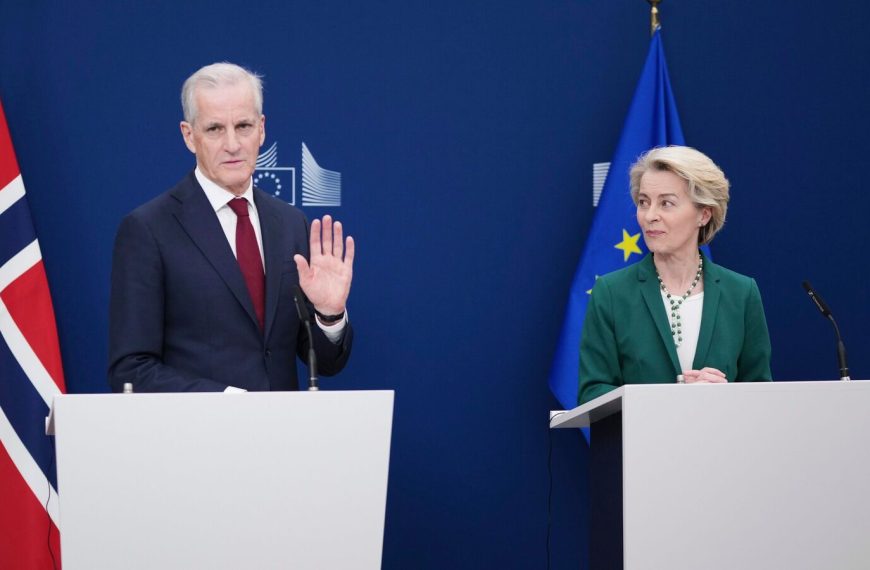In a recent bold statement, Elon Musk, CEO of Tesla, has called for the establishment of a “zero tariff situation” between the United States and the European Union. This appeal for a free trade zone comes on the heels of President Donald Trump implementing new tariffs on EU imports. Musk’s remarks are particularly noteworthy given the current political climate and could signal a significant shift in trade relations between these regions.
Musk’s Vision for Free Trade
During a virtual address at The League Congress in Italy, hosted by Matteo Salvini, Italy’s Deputy Prime Minister, Musk expressed his desire for a cooperative economic environment. He stated, “I hope it is agreed that both Europe and the United States should move, ideally, in my view, to a zero tariff situation, effectively creating a free trade zone between Europe and North America.” This statement underscores Musk’s commitment to reducing trade barriers and fostering economic collaboration.
The Timeliness of Musk’s Proposal
Musk’s comments come at a critical moment, as President Trump recently rolled out tariffs on several major trading partners, including a hefty 20% duty on EU imports. Musk also advocated for greater labor mobility across the Atlantic, suggesting that individuals should be free to work in either region. This perspective contrasts sharply with the current administration’s approach, highlighting Musk’s unique position as an influential voice in the ongoing trade discussions.
Understanding Free Trade Zones
So, what exactly is a free trade zone? According to the World Bank, these are designated areas that allow for duty-free trade, providing businesses with warehousing, storage, and distribution capabilities without the burden of tariffs. In essence, Musk’s vision of a zero tariff zone would eliminate these trade barriers, enabling smoother commerce between the US and EU.
Advantages of Free Trade
The benefits of free trade zones are substantial. As noted by US Customs and Border Protection (CBP), goods transferred from these zones for consumption are subject to taxes only at the point of sale, while products within the zones are exempt from US taxes. This system not only encourages trade but also helps businesses save on costs, potentially leading to lower prices for consumers.
Musk’s Business Presence in the EU
Elon Musk’s influence in Europe is significant, particularly through his ventures like Tesla. However, the company faces challenges amid rising tariffs, which have contributed to a decline in Tesla sales across the continent. Musk’s recent advocacy for reduced trade barriers could be a strategic move to enhance his company’s position in the competitive European market.
In summary, Musk’s push for a zero tariff situation between the US and EU could reshape future trade dynamics, benefiting businesses and consumers alike. As discussions continue, the implications of his statements will be closely watched by both political and economic leaders around the world.










